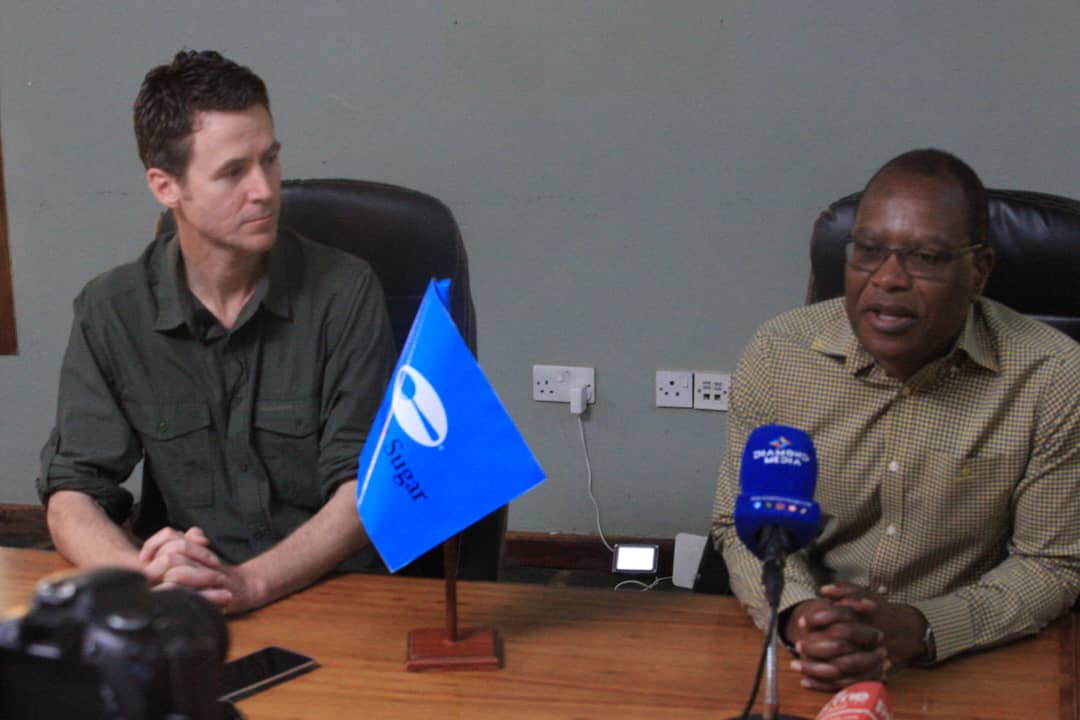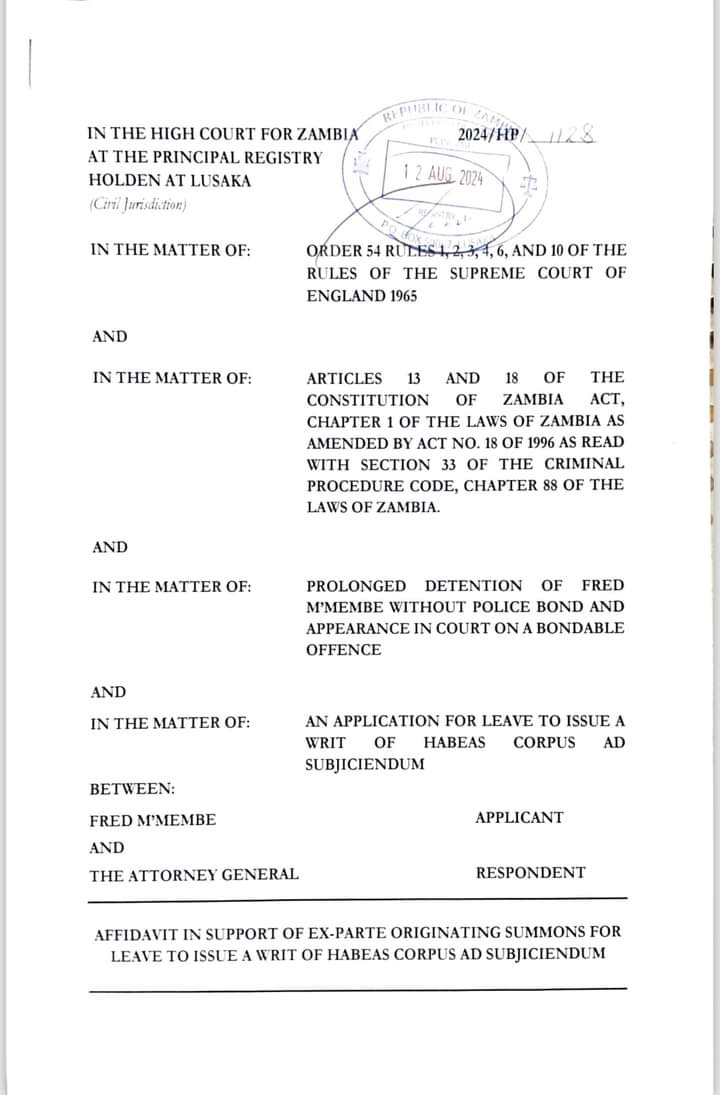Mumbwa, Tuesday, 26th December, 2023 – The Ministry of Green Economy and Environment says the Ecosystem – Based Adaptation (EbA) Project has recorded success where local/traditional knowledge has been used in designing adaptation interventions to mitigate the effects of climate change.
Project Manager Ms. Nellie Ngulube said there are benefits of valuing indigenous or local knowledge as major contributors to building adaptive capacity as they understand better the challenges they face.
She, however, said science has been used to inform spatial and temporal prioritisation of the identified adaptation interventions.
Ms. Ngulube said the four-year project, which ends in 2025, is being implemented in four provinces namely Luapula, Northern, Central and Muchinga. Ngulube said the Project was established because wetlands and forests are valuable environmental and economic resources towards ecosystem restoration and increasing people’s resilience to climate change impacts.
She said the majority of the Zambian poor, estimated at 74 per cent, rely on natural resources, mainly wetlands and forests, for a range of ecosystem services from land, water and forests.
“Adaptation interventions to increase resilience of the vulnerable communities are supported by Government policies and legislation that embrace restoration, protection and conservation of the ecosystem for increased ecosystem services,” she said.
Ms. Ngulube emphasized the importance of strong policies and laws on mainstreaming of climate change in development planning, including preparation of national adaptation plans and establishment of institutions mandated with climate change issues.
She said this provides a framework for climate financing on which EbA activities can be pegged.
Ms. Ngulube noted that the project has made progress towards increasing institutional and technical capacity at national and local level to integrate EbA into environmental and ecosystem management planning and increasing climate change resilience of communities living around wetlands and forests.
She said that challenges in implementing ecosystem based adaptation interventions include unequal distribution of benefits and trade-offs.
“For example, farmers verses fishermen in forest ecosystems need to balance trade-offs so as not to disadvantage one group and favour the other. Here there is need to acknowledge and understand these different benefits and trade-offs as the first step towards tackling them,” she said.
Ms. Ngulube said this calls for a participatory approach in developing enforcement mechanism balancing the formal and traditional structures, guided understanding of local economies and livelihoods in circumstances of climatic variability.





